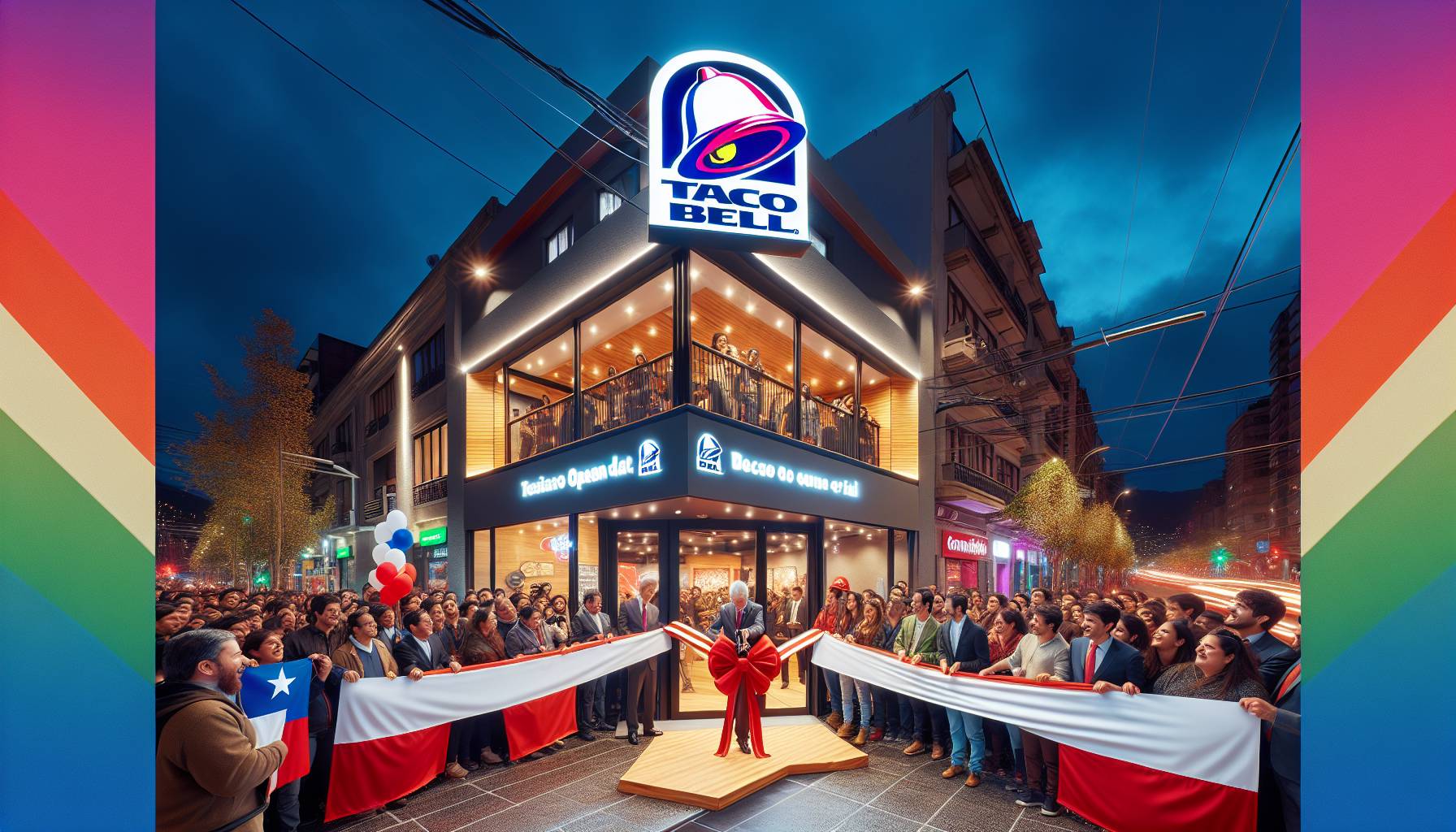
Nascar teams facing closures and financial difficulties
For decades, NASCAR has been the most beloved auto racing series in the United States, but Formula 1 is rapidly gaining popularity and closing in on its status.
Despite its widespread popularity, numerous NASCAR racing teams have not achieved the level of success commonly anticipated from the renowned racing series. According to the New York Times, 11 NASCAR racing teams have either shut down, merged, or declared bankruptcy since 2016.
For instance, the Covid pandemic was cited as a reason for Leavine Family Racing’s closure following the 2020 NASCAR Cup season. In 2018, BK Racing, a NASCAR racing team established by Ron Devine, declared Chapter 11 bankruptcy with debts exceeding a million dollars. Additionally, Furniture Row Racing ceased operations in 2018.
Prior to 2016, controversy caused the downfall of Michael Waltrip Racing in 2015. This followed an intentional spinout incident in September 2013 at Richmond International Raceway, which resulted in suspensions, fines, the loss of sponsorships, and ultimately the shutting down of Waltrip Racing, as reported by Autoweek.
Two years prior, in 2011, Red Bull Racing stunned the NASCAR community by shutting down its team.
Adding to NASCAR’s difficulties, the struggling restaurant chain Hooters failed to make its sponsorship payments to Hendrick Motorsports, the team that includes driver Chase Elliott. As a result, the racing team will end its partnership with the restaurant chain in 2024.
According to Hagerty Media, NASCAR team owners Tony Stewart and Gene Haas of Stewart-Haas Racing will shut down their operations and sell off their assets to the highest bidder at the conclusion of the 2024 season.
The recent difficulties and upcoming strategies of JD Motorsports
According to reports, JD Motorsports, a longstanding team in the NASCAR Xfinity Series, let go of the majority of its staff on July 15, three months following their bankruptcy protection filing. Sources informed TobyChristie.com, an auto racing website, that JD Motorsports initiated Chapter 11 bankruptcy reorganization proceedings on April 8 in the U.S. Bankruptcy Court for the District of South Carolina, located in Greenville. The filing cited more than 2,000 unsecured claims.
The layoffs reportedly occurred two days after JD Motorsports pulled its No. 6 Chevrolet Camaro, driven by Garrett Smithley, from the NASCAR Xfinity Series race at Pocono Raceway in Long Pond on July 13. Team members only learned about the decision to withdraw Smithley’s car when it appeared on the official NASCAR entry list. Although the No. 6 car was reportedly ready for the Pocono race and loaded into the team hauler, it never departed from the team shop in Gaffney.
JD Motorsports competed in the Xfinity Series race at Pocono on July 13 with their No. 4 Chevrolet, driven by Thomas Annunziata, finishing in 28th place. Despite recent layoffs, JD Motorsports intends to participate in the NASCAR Xfinity Series Pennzoil 250 at Indianapolis Motor Speedway on July 20.
JD Motorsports, established by Johnny Davis in 1983, competes in the NASCAR Xfinity Series. The team initially featured drivers Joe Henry Thurman and Davis, achieving one Top Five and seven Top Ten finishes between 1983 and 1985. Over time, JD Motorsports has accumulated a total of four Top Five and twenty-nine Top Ten finishes, as reported on their website.
For Australian investors and business aficionados, the economic challenges faced by JD Motorsports illuminate the instability and financial hazards that are characteristic of the motorsports industry. The team’s recent Chapter 11 bankruptcy filing and subsequent layoffs emphasize the necessity of strong financial management and a variety of revenue sources, particularly in an industry that depends significantly on sponsorships and race earnings.
During its reorganization, JD Motorsports’ experience acts as a reminder for Australian companies eyeing investments in high-risk, high-reward sectors. The team’s perseverance in racing amid financial difficulties showcases their resilience, but also highlights the delicate balance necessary to maintain operations in a competitive landscape.
Anticipating future events, stakeholders will be keenly observing JD Motorsports’ involvement in forthcoming races like the Pennzoil 250. Their performance might impact future sponsorship agreements and investor trust, which are essential for the team’s long-term sustainability. For Australian investors, this situation provides important perspectives on the complexities of managing sports teams and the associated financial nuances.

